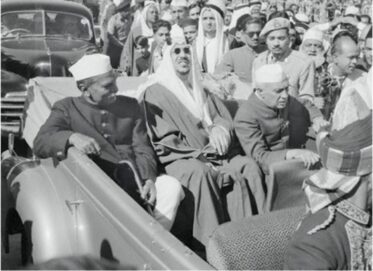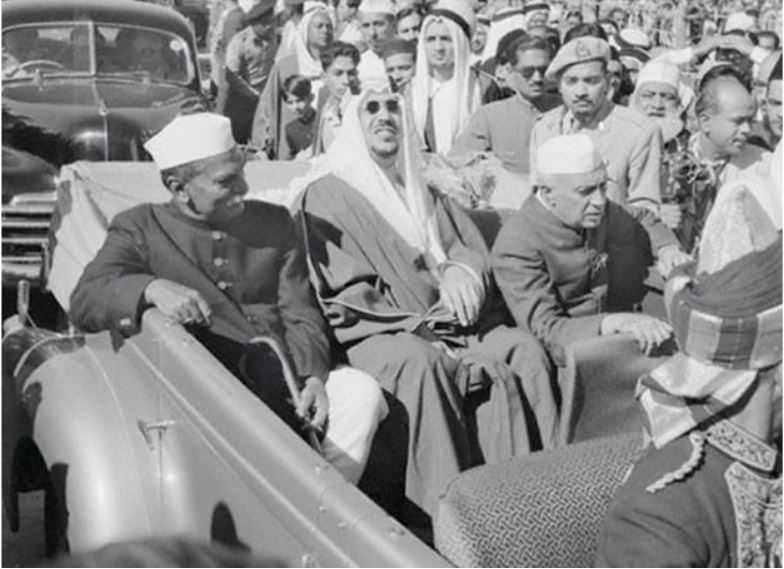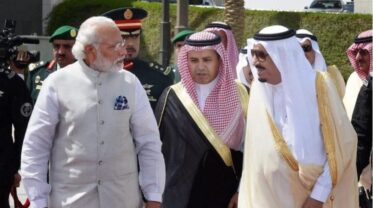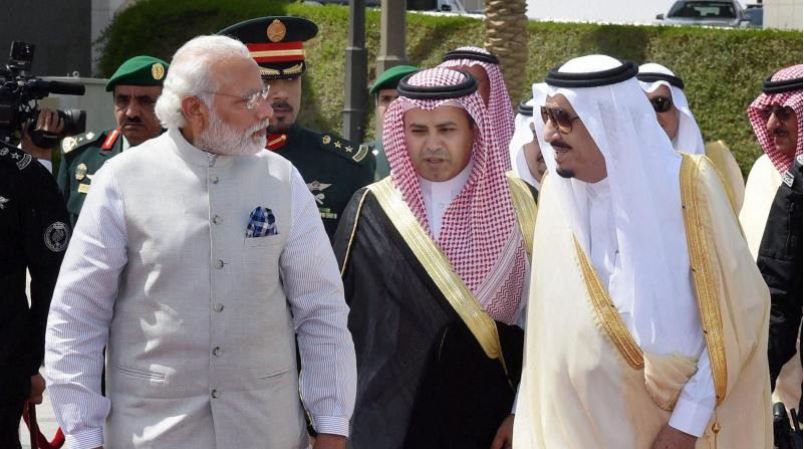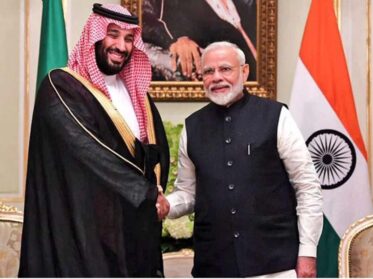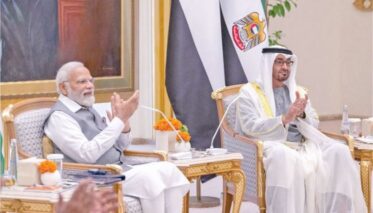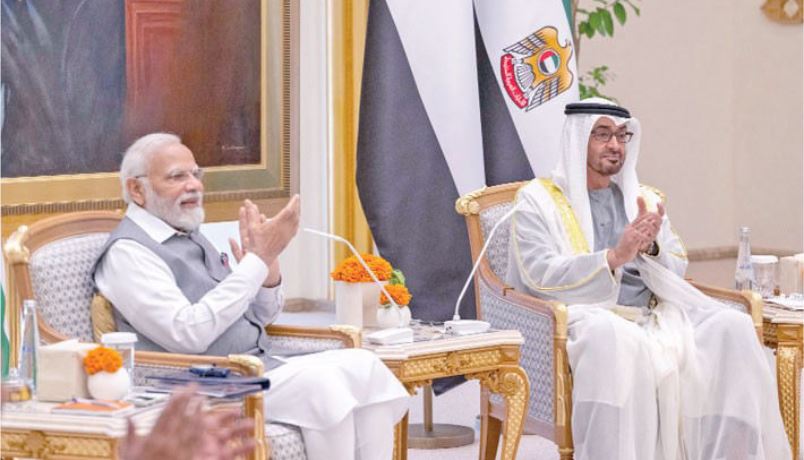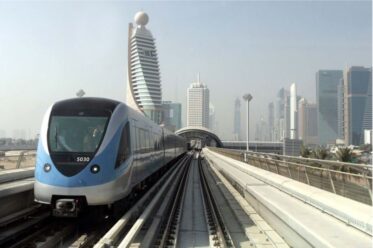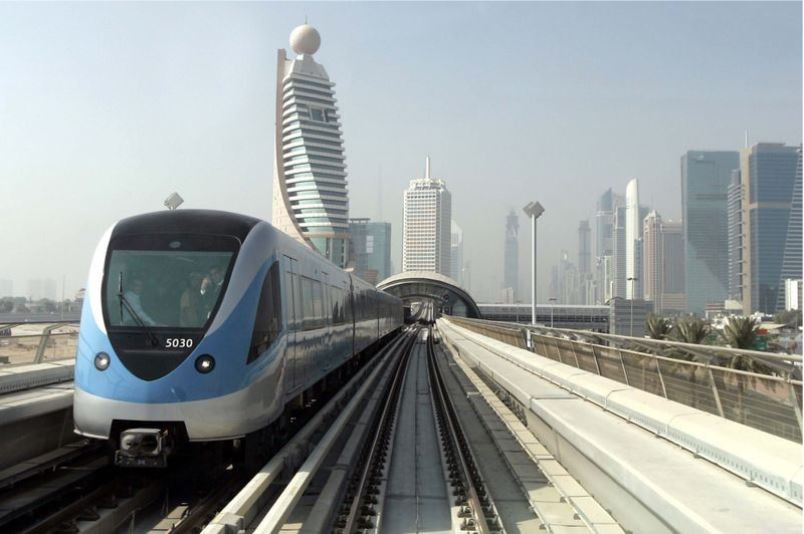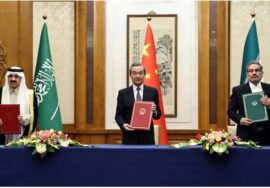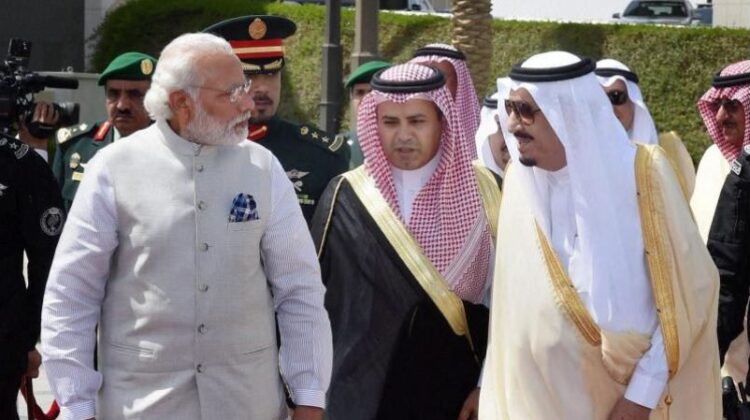
India-Saudi Arabia Bilateral Relations
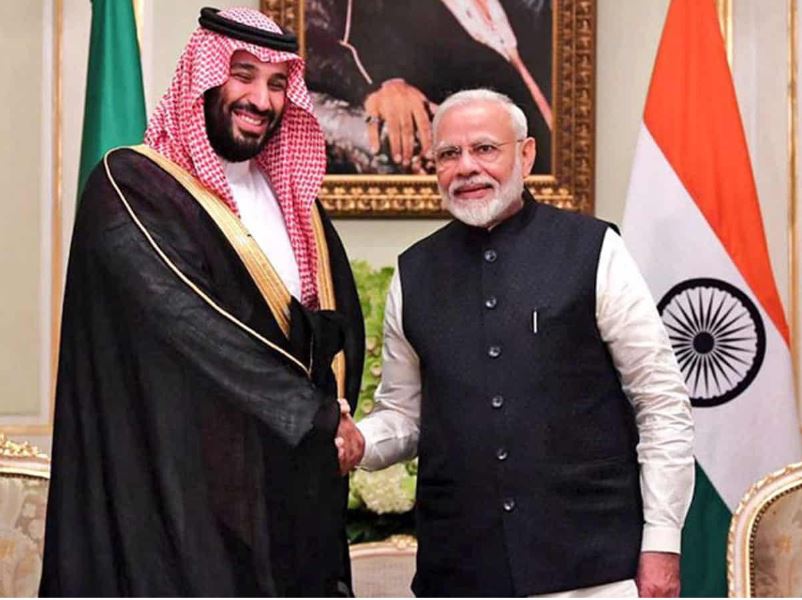
Prime Minister Modi visited Riyadh again on October 28-29, 2019, during which the Strategic Partnership Council (SPC) Agreement was signed, establishing a high-level council to steer the Indo-Saudi relationship. The visit witnessed the signing of twelve MoUs/Agreements across various sectors, including energy, security, defense production, civil aviation, medical products, strategic petroleum reserves, small and medium-scale industries, and training of diplomats. PM Modi also delivered the keynote address at the Third Future Investment Initiative Summit.
Strategic Partnership Council
Economic Cooperation
Cultural Relations
Indian Community in Saudi Arabia
Collaboration during COVID-19
In conclusion, India and Saudi Arabia share a strong and multifaceted bilateral relationship, encompassing political, economic, cultural, and people-to-people ties. Their collaboration during critical times, such as the COVID-19 pandemic, exemplifies their commitment to further strengthening this important partnership.

